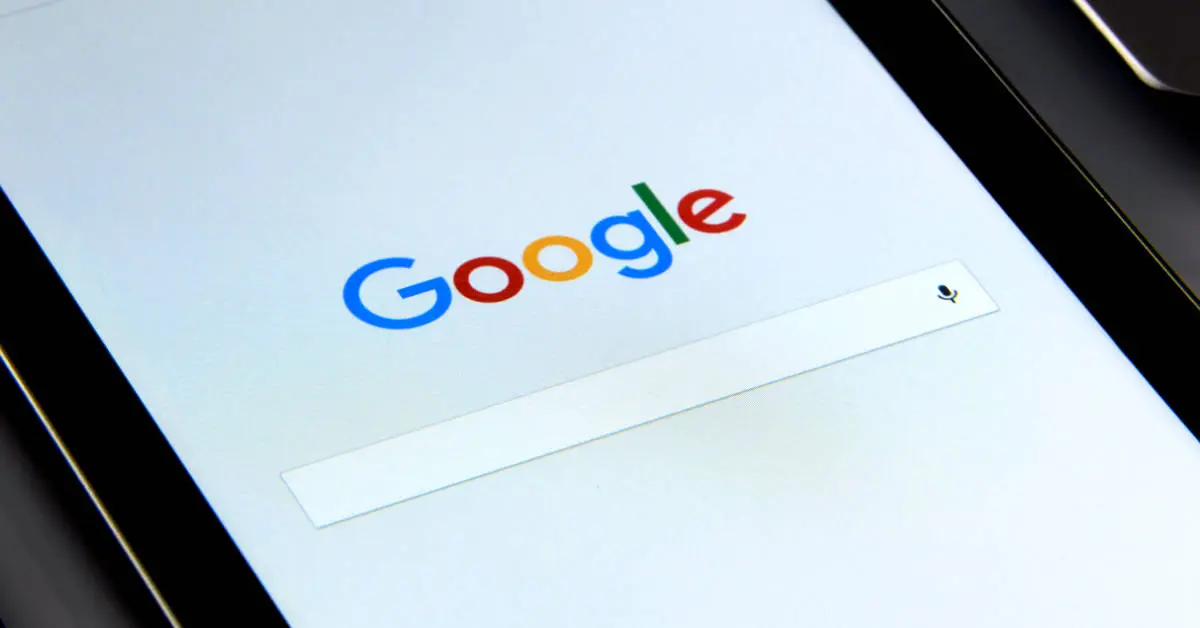
Business Insider is sending pink slips to more than 20 percent of its employees as the website grapples with a downturn in referral traffic due to changes in Google’s search engine algorithm.
The layoffs will impact every department, including its editorial and advertising sales units, according to a memo distributed by Business Insider CEO Barbara Peng on Thursday.
Peng said the job losses were rooted in “significant organizational changes” that are intended to foster long-term business success without being dependent on third-party platforms.
The strategy began in late 2023, when Business Insider announced a new direction that focused on delivering “best-in-class business, tech and innovation journalism to a smart, specific audience.”
As part of the shift, Business Insider stopped focusing on clickbait articles that were meant to entice search engine and social media users, with the overall goal of exposing them to advertising and affiliate product links that earned the publication revenue.
Until recently, the clickbait approach was common in the industry — platforms like BuzzFeed and the Huffington Post built their business on the back of search engine and social media optimization, and legacy news brands like CNN, CBS News and CNET all have affiliate product platforms meant to encourage news consumers into buying commissionable goods and services.
Over time, the business model broke down. Amid pressure from some journalism advocacy groups, social platforms like Facebook and X have deprioritized links to news stories in recent years. In 2023, Google deployed a “Helpful Content Update” that heavily tweaked its search engine algorithm to prioritize “reliable” and “authoritative” news content and outlets — terms it never defined, and which social media experts could not explain to their clients.
Initially, small independent news websites were affected the most by the shifting social and search landscape. In recent months, larger publications have also felt the effects. Forbes, CNN and Time were among those impacted by a Google algorithm update that deprioritized publishers with affiliate marketing platforms, according to Adweek.
Peng didn’t specifically call out the issues with Google search traffic or the social platforms in her memo on Thursday, but the connections were clear.
“Seventy percent of our business has some degree of traffic sensitivity,” she wrote. “We must be structured to endure extreme traffic drops outside our control, so we’re reducing our overall company to a size where we can absorb that volatility.”
The change means Business Insider will stop content farming and start competing with the likes of Bloomberg, The Information and authoritative voices on Substack by producing stories that “matter deeply to the people who read it,” Peng said.
The change will see Business Insider move away from its commerce business and focus across a number of key categories that consistently drive engagement, Peng said. She didn’t name those categories, but they will become apparent as the publication executes on its new mission in the months and years to come.
“This is a new Business Insider,” Peng said. “It’s more focused. It’s intentional. And it’s working.”
But it also doesn’t require the sizable staff that a content farm or clickbait operation does, and many editorial staffers will lose their jobs — not when so many of those jobs can be outsourced to artificial intelligence tools.
“Business models are under pressure, distribution is unstable, and competition for attention is fiercer than ever,” Peng said. “At the same time, there’s a huge opportunity for companies who harness AI first. Our strategy is strong, but we don’t have the luxury of time. The pace of change combined with the opportunity ahead demands bold, focused action — and it’s our chance to lead the pack.”
Peng said most Business Insider employees are already using off-the-shelf solutions like Enterprise ChatGPT in their research and reporting. The expectation is that will continue among staffers who aren’t losing their jobs this week.
Business Insider will also launch new AI-driven products “to better serve our audiences,” including new search and membership functions.
“Change like this isn’t easy. But Business Insider was born in a time of disruption — when the smartphone was reshaping how people consumed news,” Peng said. “We thrived by taking risks and building something new. We’re at that moment again. It calls for bold experimentation, openness to change, and a willingness to lead.”